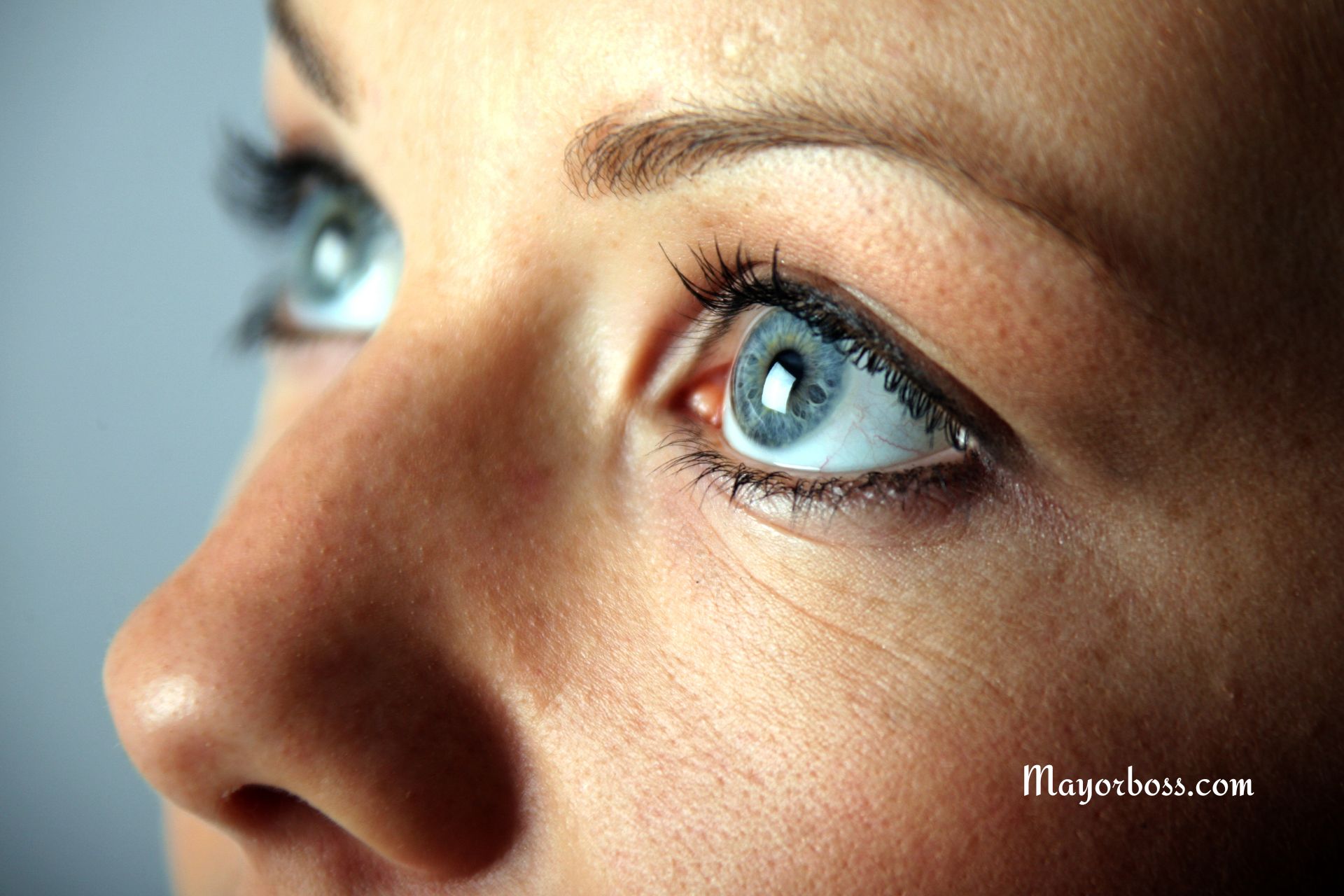Is Something Wrong Happening in Your Body? These 11 Symptoms Could Mean Diabetes!
Diabetes is a sneaky condition, often creeping up without a loud announcement. But your body has its ways of sending out SOS signals, letting you know that something might not be right. Let’s dive in and talk about the 11 symptoms that could suggest diabetes is knocking on your door. Keep an eye out for these signs because catching diabetes early can make a big difference in how you manage it. Ready? Here we go!

1. Feeling More Thirsty Than Usual
You know how you feel after a long, hot day or maybe after a workout? That kind of thirst is normal. But if you’re finding that your water bottle is never full enough, no matter how much you drink, it might be a sign of diabetes. Excessive thirst is a classic flag that your body might be trying to manage high blood sugar levels.
2. Frequent Urination
And where all that extra drinking goes, frequent trips to the bathroom usually follow. If you’re waking up multiple times at night just to go to the bathroom, it might be something more than just drinking a lot. Your kidneys are actually working overtime to filter and absorb excess sugar in your blood.
3. Unexplained Weight Loss
Now, if you’ve been hitting the gym and cutting calories, a drop on the scale makes sense. But if pounds are falling off without any effort, it’s time to pay attention. Your body isn’t able to get energy from sugar like it should, so it starts burning fat and muscle instead. Sounds concerning, right?
4. Fatigue
Feeling tired all the time? This could be more than just a bad night’s sleep. When your cells are deprived of sugar, you might find yourself feeling unusually fatigued or irritable. It’s like your body is a car running out of gas—it simply doesn’t have the fuel it needs to keep going.
5. Blurry Vision
Here’s a tricky one. Occasional blurry vision might seem like a minor annoyance, but it can be a symptom of diabetes. In particular, high blood sugar levels can typically cause fluid shifts in your eyes, making it hard for them to focus. Don’t ignore this—vision changes need to be checked out.
6. Slow-Healing Sores and Frequent Infections
Ever noticed that a small cut takes forever to heal? Or maybe infections are a frequent problem? High sugar levels can interfere with your body’s natural healing process and weaken your immune system. This makes you more prone to infections and slows down healing.
7. Tingling or Numbness in Hands or Feet
This one’s important: tingling, numbness, or a burning sensation in your hands or feet can be a sign of nerve damage caused by prolonged high blood sugar levels. It’s a symptom that shouldn’t be ignored because it can lead to more serious complications if left untreated.
8. Darkened Skin in Certain Areas
You might find dark, velvety patches of skin, especially in the folds and creases like under your arms or around your neck. This condition, known as acanthosis nigricans, is linked to insulin resistance, a precursor to diabetes.
9. Increased Hunger
Even after eating, do you feel like you’re still starving? When your body’s insulin isn’t working properly or isn’t there at all, glucose can’t enter your cells. This means your muscles and organs are energy-starved, leading to persistent hunger.
10. Dry Skin and Itching
Don’t overlook dry, itchy skin. When your body is losing fluids from frequent urination, your skin can become dry. Plus, poor circulation and nerve damage from high sugar levels can also make your skin itch.
11. Irritability or Mood Changes
Are you feeling more moody or irritable than usual? Fluctuations in blood sugar can have significant effects on your mood and mental state. It’s not just about the physical symptoms—diabetes can affect your mental health too.
Frequently Asked Questions
Q1: Can these symptoms appear all at once or gradually? A: These symptoms can vary from person to person. In type 1 diabetes they tend to appear quickly and more dramatically. In type 2 diabetes, they often develop gradually and can be so mild that they go unnoticed for a long time.
Q2: If I have these symptoms, does it mean I definitely have diabetes? A: Not necessarily, but it’s a signal that you should see your doctor for a thorough check-up. Diabetes can only be diagnosed through specific tests that measure blood sugar levels.
Q3: Can lifestyle changes help if I’m diagnosed with diabetes? A: Absolutely! Managing diabetes often involves lifestyle changes, such as improving your diet, increasing physical activity, and maintaining a healthy weight. These steps can help control your blood sugar levels and may even reverse some symptoms of diabetes.
So, if you’re noticing any of these symptoms, don’t hesitate. Reach out to your healthcare provider for a check-up. It’s better to be safe and informed than to overlook potential warning signs of diabetes. Stay aware, stay healthy!






